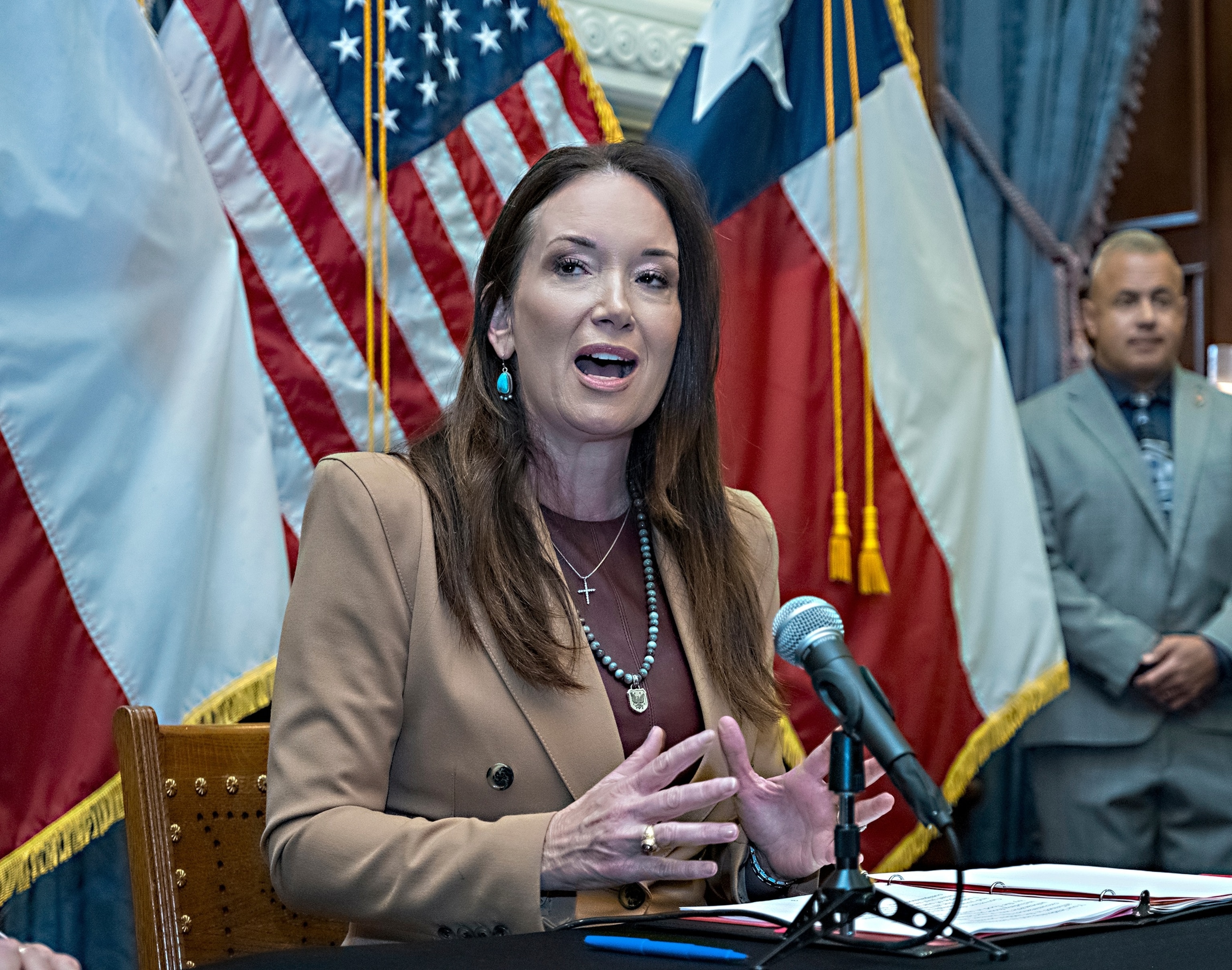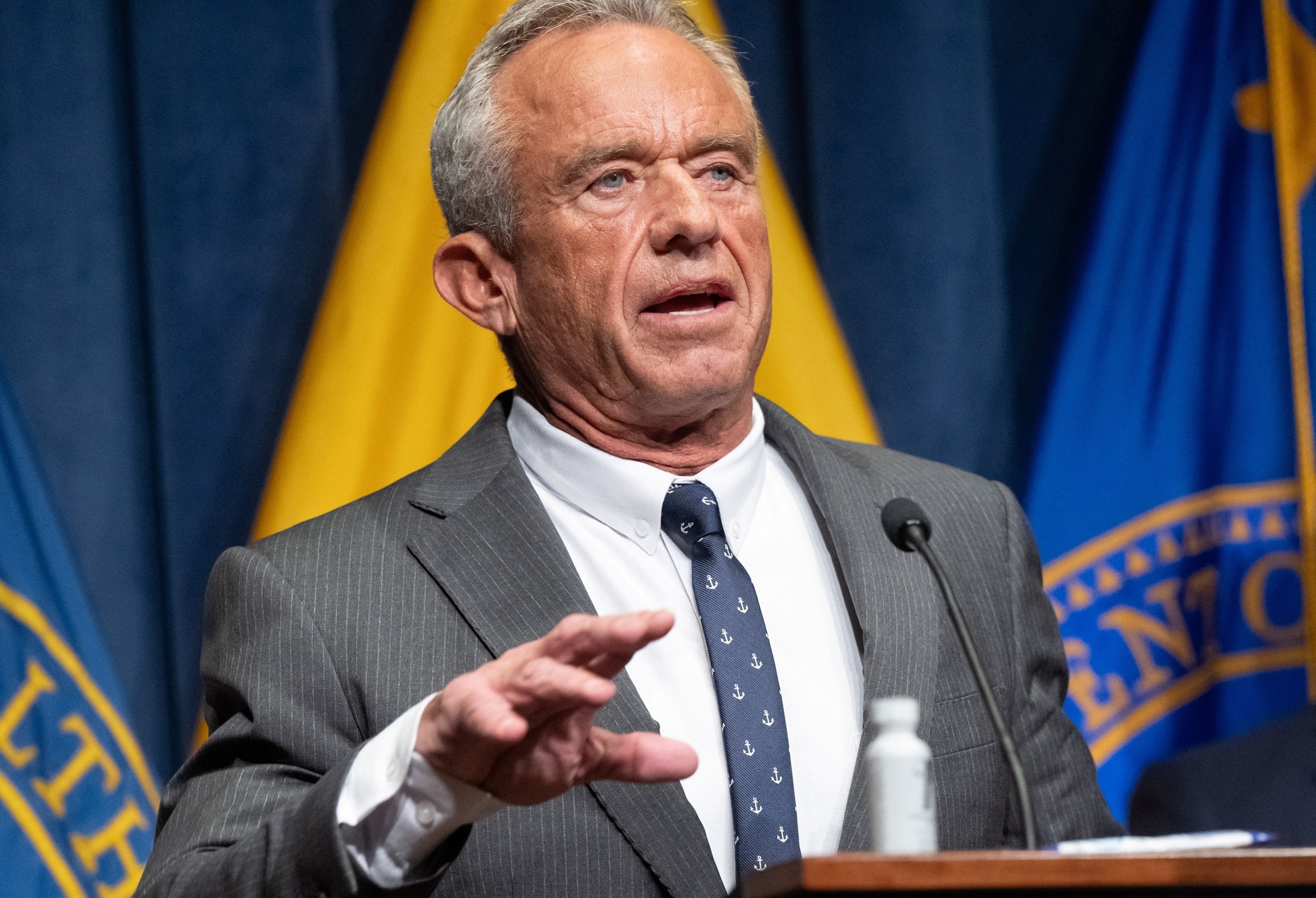What draft of new 'MAHA' report says about pesticides

The draft’s language would constitute a win for the agriculture industry.
The draft of an upcoming government report suggesting ways to improve the health of American children does not recommend severe restrictions on pesticides and ultra-processed foods, according to a copy of the document obtained by ABC News.
The draft's language, if left unchanged, would constitute a win for the agriculture industry and a potential setback for Health and Human Services (HHS) Secretary Robert F. Kennedy Jr. and his "Make America Healthy Again" (MAHA) allies, who have railed against the use of chemical additives in America's food supply, arguing that they harm children.
A person familiar with the draft cautioned that the language could still change before it's released to the public.
"Unless officially released by the administration, any document purporting to be the MAHA report should be dismissed as speculative literature," White House deputy press secretary Kush Desai said in response to ABC News' request for comment.
An HHS spokesperson declined to verify the document's authenticity.
The New York Times first reported details of the new draft report.

The report will be the second "MAHA" report released by the Trump administration following one published in May. Both were composed by officials in the White House and across different federal agencies, including Kennedy's HHS.
The May report detailed the factors officials said were worsening the health of American children and called for a second report, within 100 days, to recommend policies to address those factors.
The earlier report -- which was dogged by the revelation that some studies it cited were nonexistent -- cited damning statistics about the effect of chemical food additives, tying them to cancer and developmental disorders.
The draft of the new report does not signal any intention to eliminate pesticides from America's food.
Instead, the draft calls for "more targeted and precise pesticide applications" and research programs that would "help to decrease pesticide volumes."
The report also stated the Environmental Protection Agency "will work to ensure that the public has awareness and confidence in EPA's robust pesticide review procedures and how that relates to the limiting of risk for users and the general public."
Regarding ultra-processed foods, the new report states only that HHS, the U.S. Department of Agriculture and the Food and Drug Administration would work to develop a "government-wide definition for 'ultra-processed food.'"
In his January confirmation hearing, Kennedy declared that "something is poisoning the American people, and we know that the primary culprits are changing food supply, a switch to highly chemical intensive processed foods."

Meanwhile, some "MAHA" influencers have loudly demanded changes to the country's food supply, putting their faith in Kennedy to leverage his position of power to uproot the agriculture industry.
But this summer, agriculture groups lobbied intensely against the inclusion of anti-pesticide recommendations in the new report.
They appeared to find an ally in Secretary of Agriculture Brooke Rollins, who indicated to reporters this month that the upcoming report would spare pesticides.
"There is no chance that our current system of agriculture can survive without those crop protection tools," she said at a press conference in a Washington. "I feel very confident that his, and our, commitment to make sure that farmers are at the table remains paramount, and that the report will reflect that."
ABC News








